Natural blood thinners which help prevent stroke
Natural blood thinners are substances that can help prevent stroke by reducing the formation of blood clots, which are a common cause of strokes. While pharmaceutical blood thinners are commonly prescribed by doctors, there are also natural alternatives that possess mild anticoagulant properties. Incorporating these natural blood thinners into your diet and lifestyle may help reduce the risk of stroke. Here are some natural blood thinners in more detail:
1. Omega-3 Fatty Acids:

Found primarily in fatty fish like salmon, mackerel, and sardines, as well as in plant sources like flaxseeds, chia seeds, and walnuts, omega-3 fatty acids are renowned for their anti-inflammatory properties. Inflammation plays a significant role in the development of blood clots and cardiovascular diseases, including stroke. Omega-3s can help mitigate inflammation and inhibit platelet aggregation, thereby reducing the risk of blood clot formation.
2. Garlic:
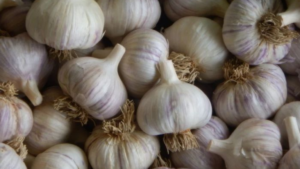
Garlic contains a compound called allicin, which has been shown to possess anticoagulant properties. Allicin helps inhibit the activity of clot-forming enzymes and platelet aggregation, thereby promoting smoother blood flow. Consuming garlic regularly, whether raw or cooked, may contribute to a reduced risk of stroke.
3. Ginger:
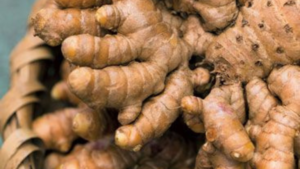
Ginger is another natural ingredient with anti-inflammatory properties. Its active compounds, such as gingerol and shogaol, can help inhibit platelet aggregation and improve circulation. Ginger can be consumed fresh, as a tea, or in supplement form to potentially reduce the risk of stroke.
4. Turmeric:
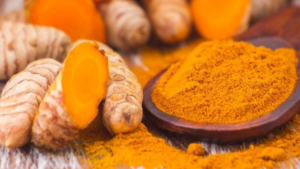
Curcumin, the primary active compound in turmeric, exhibits potent anti-inflammatory and antioxidant properties. It can help prevent blood clot formation by inhibiting platelet aggregation and reducing inflammation within the blood vessels. Adding turmeric to your diet or taking curcumin supplements may contribute to better cardiovascular health and a decreased risk of stroke.
5. Ginkgo Biloba:

Ginkgo biloba is an herbal supplement derived from the leaves of the Ginkgo biloba tree. It has been used in traditional medicine for its potential benefits on cognitive function and circulation. Ginkgo biloba may help improve blood flow by dilating blood vessels and inhibiting platelet aggregation. However, it’s essential to consult with a healthcare professional before using ginkgo biloba, particularly if you’re taking other medications.
6. Vitamin E:
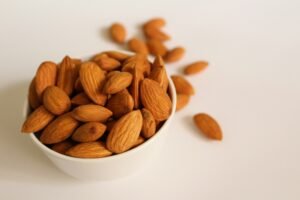
Vitamin E is a fat-soluble antioxidant that plays a crucial role in maintaining cardiovascular health. It can help prevent the oxidation of LDL cholesterol and reduce inflammation, both of which contribute to atherosclerosis and blood clot formation. Good dietary sources of vitamin E include nuts, seeds, vegetable oils, and leafy green vegetables.
7. Cayenne Pepper:
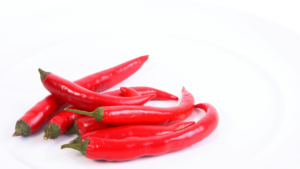
Cayenne pepper contains capsaicin, a compound known for its potential to improve circulation and inhibit platelet aggregation. Capsaicin may help prevent the formation of blood clots by promoting the release of vasodilators and reducing the stickiness of platelets. Incorporating cayenne pepper into your diet can add spice to your meals while potentially benefiting your cardiovascular health.
8. Green Tea:
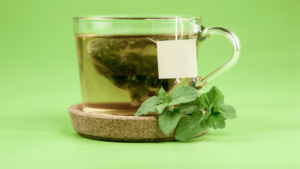
Green tea is rich in catechins, powerful antioxidants that have been associated with numerous health benefits, including cardiovascular protection. Catechins may help inhibit platelet aggregation, reduce inflammation, and improve blood vessel function. Drinking green tea regularly as part of a balanced diet may contribute to a lower risk of stroke.
Incorporating these natural blood thinners into your diet and lifestyle may help promote cardiovascular health and reduce the risk of stroke. However, it’s essential to remember that natural remedies should complement, not replace, medical advice and prescribed medications. Always consult with a healthcare professional before making significant changes to your diet or starting any new supplements, especially if you have underlying health conditions or are taking medications.
